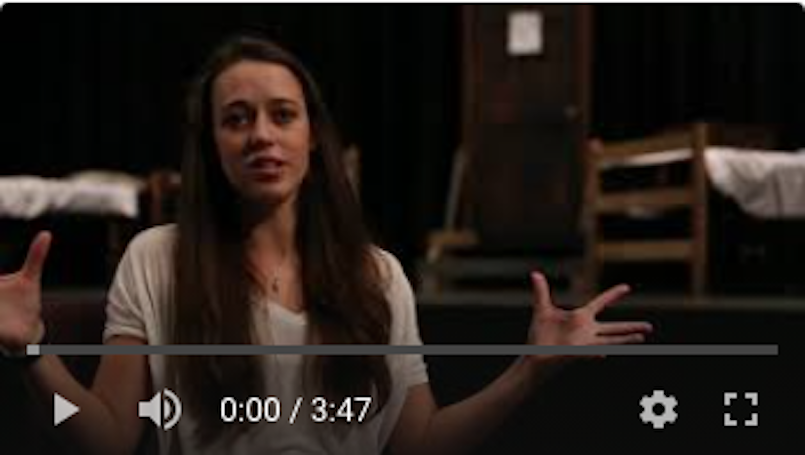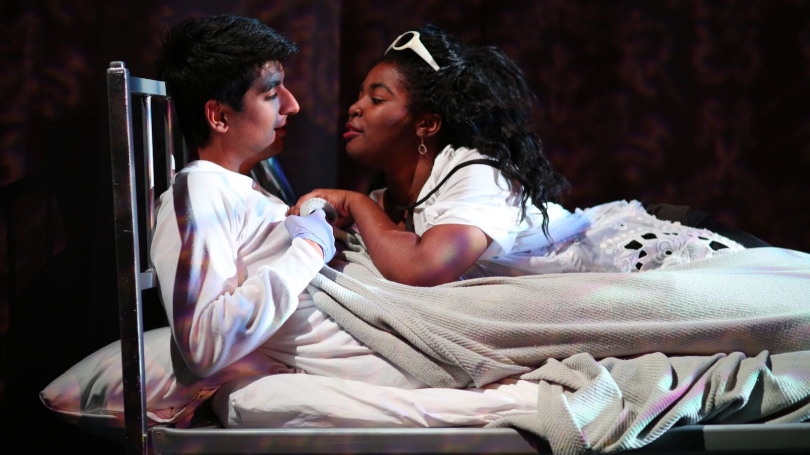
"Baltimore Waltz", directed by Julie Solomon '17. Fall 2015. Photo Rob Strong.
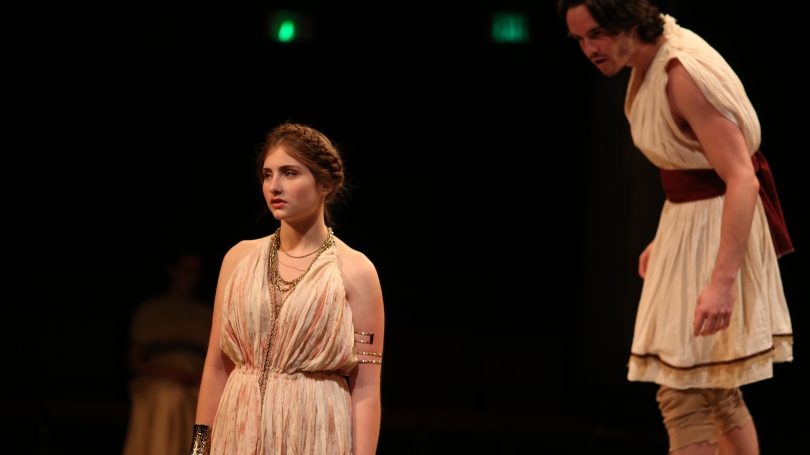
A recent fully-produced student production: "Medea", directed by Kelleen Moriarty '19, Fall 2017. Photo Rob Strong.
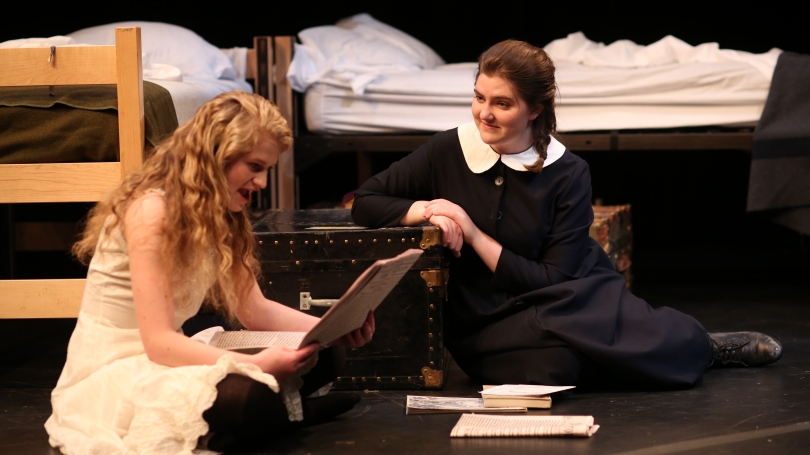
"What Every Girl Should Know", directed by Virginia Ogden '18, Spring 2017. Photo Rob Strong.
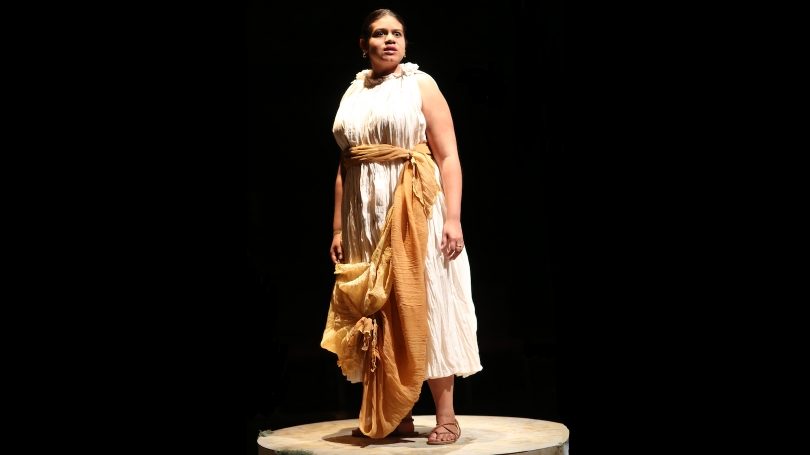
"Medea", directed byKelleen Moriarty '19. Fall 2017. Photo Rob Strong.
All applications must be received electronically on on or before the term's deadline; proposals can be submitted here. The program is open to any major, minor or other experienced theater student who has completed the required coursework. Proposals should include the following information:
- Proposal Description and copy of script when applicable
- Proposed Production Category (Workshop or Full Production)
- Summary of applicant's Department of Theater coursework and production experience
- Proposed budget
- Design and technical requests
- Proposed artistic collaborators. Note that identified collaborators (stage manager, designers, etc.) must have advance approvals from pertinent faculty
- Advertising Image
- Faculty member who has agreed to mentor on the project
Students should be thoroughly familar with the project paramaters for workshops and/or full productions before submitting a proposal. Samples of past proposals can be found HERE
Interested students are strongly encouraged to contact Greg Potter. for more information and additional details before applying.
